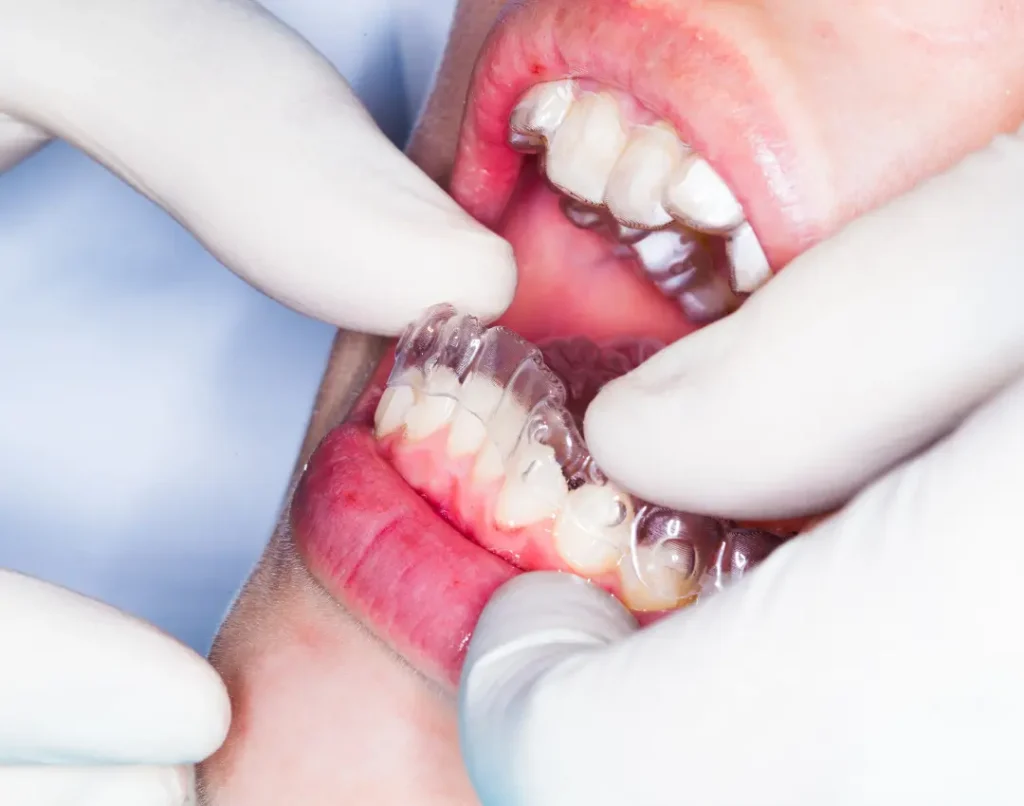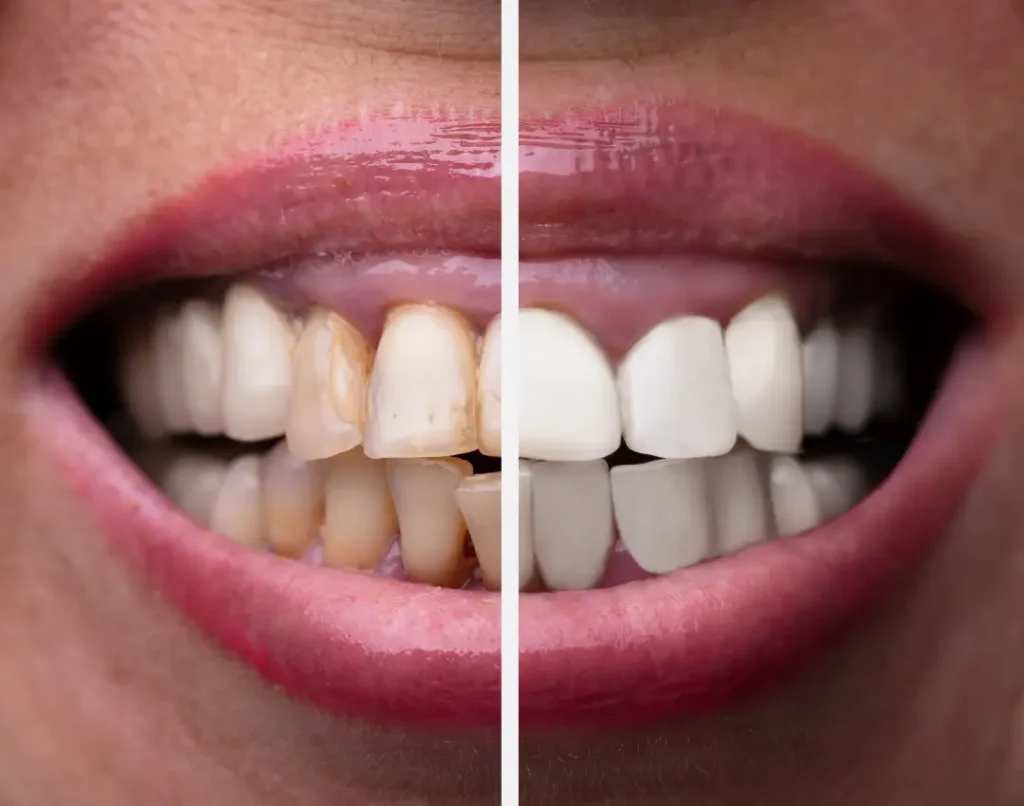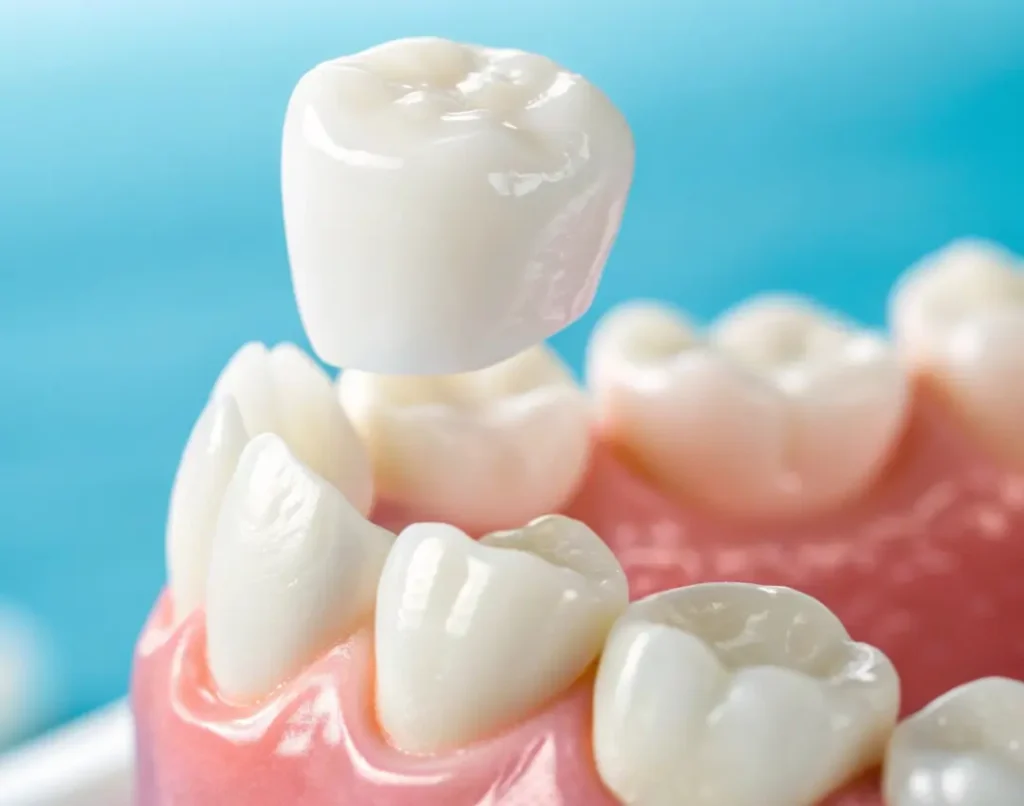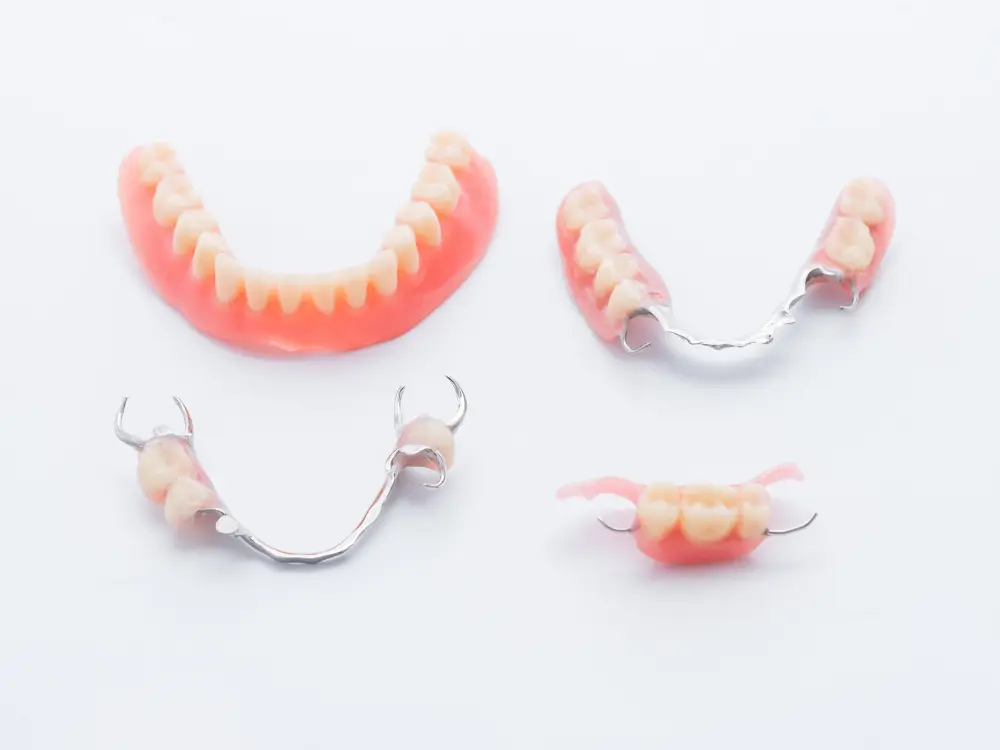Yesterday, I had an interesting case. A boy around 19 years of age had lost his teeth while playing cricket. We had done a dental implant.
After that, around one year after the implant, he was enjoying himself with his friends and tried to open a bottle with his teeth. As a result, the implant was damaged.
As an experienced implantologist with over 15 years of practice at Dev’s Oral Care in Pune, I have witnessed numerous families who undergo dental implants but struggle with dental implant maintenance. As a result, they suffer.
Today, I would like to share with you the essential knowledge that will help your dental implants serve your family for years to come.
Whether you are considering implants for yourself or a loved one, understanding these maintenance principles will ensure your investment in oral health provides lifelong benefits.
Many patients visiting our Pune clinic express surprise when I emphasise the importance of ongoing care for their dental implants.
They often ask, “Doctor sahib, if implants cannot develop cavities like natural teeth, why do they require such attention?” This question reflects a fundamental misunderstanding about implant health.
While it is true that titanium implants cannot develop dental caries, the surrounding tissues, your gums and supporting bone remain vulnerable to bacterial infection and inflammation. That is why dental implant care is necessary.
Research consistently demonstrates that well-maintained dental implants achieve success rates of 90-95% over a ten-year period.
However, neglected implants face significantly higher risks of complications.
The primary concern we monitor at Dev’s Oral Care is peri-implantitis, a condition that affects the soft and hard tissues surrounding an osseointegrated dental implant.
Peri-implantitis can also happen if you have a habit of grinding your teeth at night. It is essential to wear a custom night guard after implantation to prevent this from happening.
This inflammatory condition can lead to progressive bone loss and, ultimately, implant failure. Think of peri-implantitis as similar to gum disease around natural teeth, but with potentially more severe consequences for implant stability.
I always remind my patients: “Your implants do not get cavities, but your gums and supporting bone structure still matter immensely.”
Proper dental implants care prevents bacterial accumulation that could compromise the delicate balance between your implant and surrounding tissues.
Establishing a proper daily cleaning routine is the foundation of successful dental implant maintenance.
At Dev’s Oral Care, we provide each patient with detailed instructions tailored to their specific implant configuration and oral health needs.

Based on my extensive experience treating families across Pune, I have developed these seven essential guidelines for maintaining optimal implant health:
Let me tell you an interesting incident. A few days back, I had a patient in my clinic from Kothrud. He had done dental implants.
He said, “‘Main toh roz 3 baar brush karta hoon, achhe se ghis ke.’
Lekin gum itna niche ho gaya ki implant ka metal collar dikhne laga.
He added, ‘Doctor, main toh clean kar raha tha.’
Bhai, implant ko cleaning chahiye, punishment nahi.”
Brush your implants twice daily using circular motions, GENTLY rather than aggressive back-and-forth scrubbing.
I often tell my patients to imagine they are massaging their gums rather than scrubbing them clean.
This approach effectively removes plaque while protecting the delicate tissues surrounding your implant.
Never skip flossing around your dental implants. The spaces between implants and adjacent teeth create ideal environments for bacterial accumulation.
Use threader floss for bridge work or specialised implant floss designed to navigate around abutments safely.
Alcohol-based mouthwashes can be harsh on healing tissues and may disrupt the beneficial bacterial balance in your mouth.
At Dev’s Oral, we recommend antimicrobial rinses containing chlorhexidine digluconate, particularly during the healing phase or if you exhibit signs of gum inflammation.
This cannot be emphasised strongly enough: smoking increases implant failure risk by 140.2% compared to non-smokers.
Tobacco use impairs bone metabolism, reduces blood flow to healing tissues, and significantly increases your risk of developing peri-implantitis.
You may have switched from smoking to hookah or vape…
But your dental implant still sees it as toxic.
Blood supply drops. Healing slows. Gums break down.

Your dietary choices have a direct impact on your implant health. Excessive sugar consumption feeds harmful bacteria that can cause inflammation around your implants.
Include plenty of calcium-rich foods such as dairy products, leafy vegetables, and traditional foods like til and ragi to support bone health around your implants.
Schedule visits to our Pune clinic every six months without exception.
These appointments allow us to monitor your implant stability, perform professional cleaning with specialised instruments, and detect potential issues before they become serious problems. Prevention is always more cost-effective than treatment.
Learn to identify concerning symptoms such as implant mobility, persistent bleeding around the implant site, unusual pain or swelling, or changes in your bite.
Tell us if you have acidity. This is because the acid reflux can dissolve the bones around the implant base. This can be deadly.
Any movement in your implant, even slight, requires immediate professional evaluation.
“I advise all my patients to invest in a good quality water flosser and use it every evening after dinner.
The Indian diet, rich in spices and varied textures, can leave particles in hard-to-reach areas around implants.
A water flosser ensures thorough cleaning that protects your implant investment for years to come.”

Protecting your implant investment requires avoiding certain habits and substances that can compromise implant longevity:

I remember “Ek patient tha woh bola: ‘Mujhe toh koi problem hi nahi thi, isliye main 1 saal nahi aaya.’
However, when he finally did, the early infection had already begun.
Implants don’t always show pain when failing. They just fail.”
The frequency of your professional maintenance visits depends on several factors, including your overall oral health, systemic health conditions, and individual risk factors.
However, I recommend that all my patients at Dev’s Oral Care schedule appointments every six months as a baseline for their oral health.

Patients with diabetes, autoimmune conditions, or a history of gum disease may require more frequent visits, every three to four months.
We work closely with your physician to ensure your systemic health supports optimal implant maintenance.
Patients with certain medical conditions require specialised attention for optimal dental implant maintenance.

The dietary patterns common in Maharashtra can influence implant care needs.
Our traditional foods, while nutritious, sometimes require additional attention to prevent particle accumulation around implants.
I particularly advise patients who enjoy paan or supari to eliminate these habits, as they significantly increase implant failure risk.
Dental implants are a procedure that takes time. Once you have gone through it, it is your duty to maintain it properly.
I have seen patients who come for regular follow-up as instructed and hence do not face any problems with their implants.
When patients approach implant care with the same diligence they apply to other important aspects of their health, the results are consistently excellent.
At Dev’s Oral Care, we consider ourselves partners in your journey toward optimal oral health.
Our team remains available to address your questions, adjust your maintenance protocols as needed, and provide the professional care that keeps your implants functioning optimally for decades.
For personalised guidance on your dental implant maintenance routine or to schedule your next professional cleaning appointment, contact Dev’s Oral Care in Pune. Together, we will ensure your implants continue to serve you excellently for many years to come.




